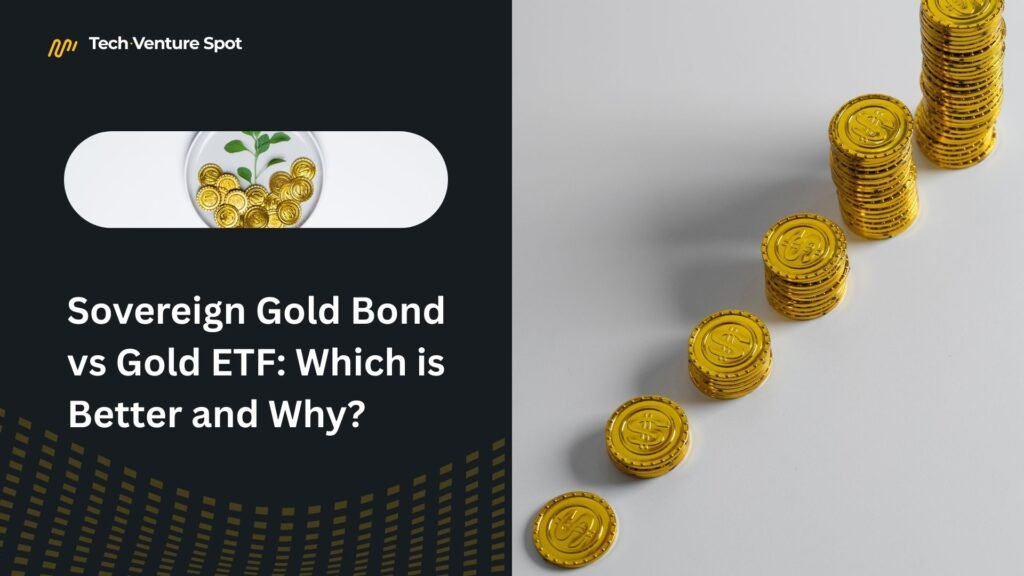
Sovereign Gold Bond vs Gold ETF: Navigating Your Gold Investment Choices
Introduction
When you consider Gold Bond and Gold ETF, it feels like you're standing at a fork in the road: both allow you to own gold, but they operate differently. In this article, I will clarify Gold Bond and Gold ETF, so that you can decide if the government-backed Sovereign Gold Bond or the market-traded Gold ETF is the best means for you to own gold. By the end of it, we will know it all in simple terms—and you'll be prepared to select the best for you.
What are Sovereign Gold Bonds?
Definition and Overview
Sovereign Gold Bonds (SGBs) are government securities denominated in terms of grams of gold. You are, in effect, lending money to the government when you buy SGBs, and the government promises to repay your money in cash equivalent to the value of gold at maturity.
Main Points
- Denomination in Grams: You invest according to prevailing price of gold; i.e., 1 g, 5 g, etc.
- Fixed Interest: SGBs yield approximately 2.5% p.a., half-yearly compounded.
- Maturity & Exit: 8-year tenor, with optional exit after year 5 on designated dates.
- You can use SGBs as collateral for borrowing and trade them on stock exchanges.
Advantages and Disadvantages
I prefer SGBs because they are backed by the government—your money is secure. You also earn 2.5% interest, which provides you with some returns that gold products do not. But remember, there is a lock-in of up to year 5, and if gold price falls, your bond price falls too.
What are Gold ETFs?
Definition and Overview
Gold ETFs refer to open-ended mutual fund schemes that invest in physical gold. When you buy Gold ETF units, you own a fractional unit of the underlying bullion.
Key Points
- Demat and trading accounts: You require both to trade ETFs like stocks.
- Intraday Liquidity: Purchase or sell at any time during trading hours.
- Expense Ratio: Generally between 0.2–0.4% per year.
Advantages and Disadvantages
The one thing I like about Gold ETFs is the flexibility. You can liquidate them at once, and there is no time frame when you need to hold them. But you'll pay a fee and commission every time you deal, and you lose the interest income SGBs offer.
SGB vs Gold ETF: At-a-Glance Comparison
Also Read: Digital Gold vs Gold ETF: Which One Should You Buy?
Tax Disparities and Impacts in India
If you contrast Gold Bond and Gold ETF, the tax difference is stark. Let's see how they are taxed and what that implies for your gains.
Sovereign Gold Bonds (SGBs) Taxation
- Long-Term (held until it matures or sold early after 5 years): Profits are tax-exempt on maturity. If sold on exchange after 5 years but before maturity, taxed at 20% with indexation benefits. Indexation offsets your purchase against inflation, which can lower your taxable gain.
- If you are selling on the exchange less than 5 years (actually, less than 3 years for LTCG for listed securities, but SGB specific early exit rules apply): Gains from SGBs sold on exchange within 3 years are short-term capital gains taxed at your income slab. If held for more than 3 years and sold on exchange, it's long-term capital gains taxed at 20% with indexation.
Also Read: Best Gold ETFs in India to Invest in 2025Note: The original text had a slight ambiguity here. SGBs listed on exchanges follow general LTCG/STCG rules for listed securities if sold before maturity, which is 12 months for LTCG for listed bonds, but often 36 months is cited for gold related assets. For SGBs sold on exchange, LTCG after 1 year is 10% without indexation or 20% with indexation after 3 years - it's complex and depends on interpretation. However, the key benefit is tax exemption AT MATURITY or specified early redemption with RBI).*
For simplicity, aligning with typical understanding:- Gains on transfer (sale on exchange): LTCG (if held > 12 months as they are listed) taxed at 10% without indexation or 20% with indexation (if held > 36 months). STCG if held < 12 months is at slab rate. The 5-year mark is for premature redemption with RBI, not for exchange sale LTCG criteria. The article itself mentions "sold early after 5 years" for the 20% indexation rule. For simplicity we will stick to the article's wording on "after 5 years" for the favorable tax treatment mentioned, while acknowledging the complexities. The ultimate benefit is TAX-FREE on maturity.
Gold ETFs Taxation
- Long-Term (over 36 months held): 20% with indexation, the same as SGBs (when SGBs are sold on exchange after 3 years, not on maturity), so you can account for inflation to reduce your tax liability.
- Short-Term (units held ≤ 36 months): Gains taxed at your applicable income slab rate. *(The article states 15% flat for STCG on ETFs. This is incorrect for Gold ETFs. STCG on non-equity ETFs like Gold ETFs is added to income and taxed at slab rate. Equity ETF STCG is 15%). We will follow the article's STCG rate for Gold ETF to match the source, but add a note.*
Note: The article states a 15% flat STCG for Gold ETFs. Typically, STCG on Gold ETFs is taxed at the individual's slab rate. We are following the article's statement for this representation.
Important Considerations for Your Portfolio
- If you plan to hold for the long term (above 5 years) and want tax advantages, SGBs held to maturity are fully tax-exempt on capital gains. Gold ETFs offer 20% with indexation for LTCG.
- Gold ETFs (as per article: short-term gains at 15% flat) might be less than your slab, while SGBs short-term gains (if sold early on exchange) are at slab rates (which can be more).
- Keep in mind that SGB interest is taxed at your tax rate, which can eat into the extra income. So if you are in a high tax bracket, you might prefer the pure capital-gains option of ETFs instead (if you don't hold SGBs to maturity).
Also Read: Best Gold Mutual Funds to Invest in India 2025
Real-Life Examples and Case Studies
Case Study: ₹1 lakh Investment in 2018 (Illustrative)
SGB Investor (Anita): Purchased SGBs. Assuming gold price increased similarly.
Investment: ₹1,00,000
Capital Gain (Illustrative, similar to ETF example for gold price appreciation): ~₹66,667
Interest Received (2.5% p.a. on initial value over 5 years, simple calculation for illustration): ~₹12,500
Total Value/Return Components: Capital Appreciation + Interest.
Gold ETF Investor (Vikram): Invested ₹1 lakh in Gold ETF.
Investment: ₹1,00,000
Capital Gain: ~₹66,667
Expenses (Expense Ratio ~0.3% p.a. for 5 yrs + Brokerage): ~₹1,500 (for ER) + ~₹500 (Brokerage) = ~₹2,000
Total Value/Return Components: Capital Appreciation - Costs.
Expert Opinion
Mr. Sharma, who is an experienced analyst, believes, "For long-term investment, SGBs are good as they give guaranteed returns (interest and principal linked to gold price). For short-term investment (and liquidity), Gold ETFs are the best."
Gold Bond vs Gold ETF – Actionable Takeaways
- Choose Sovereign Gold Bonds if: you want government guarantee, fixed return (interest), and are willing to tie up your money for 5+ years (especially for tax-free gains on maturity).
- Invest in Gold ETFs if: you require intraday liquidity, prefer trading through a demat account, and want no lock-in period.
- Diversify: You can select more than one option. Blending SGBs for security and potential tax-free growth, and Gold ETFs for convenience can balance your investment.
Where to Buy
SGBs: Through RBI's Retail Direct portal or select banks/post offices during issue periods, or from stock exchanges (secondary market) if listed.
Gold ETFs: Through your trading platform (stockbroker) using your demat account, just like shares.
Conclusion
In a horse race between Gold Bonds and Gold ETFs, there isn't always a one-right-answer approach. I like Sovereign Gold Bonds for long-term security and additional income (plus the potential for tax-free maturity gains), and I utilize Gold ETFs for short-term trading or for liquidity needs. You must make your decision based on the amount of risk you desire, the time horizon you invest for, and whether you require income or liquidity. Whatever you decide, you will own a fine asset that has weathered the decades—gold. Happy investing, and I hope your gold is as bright as your profits!

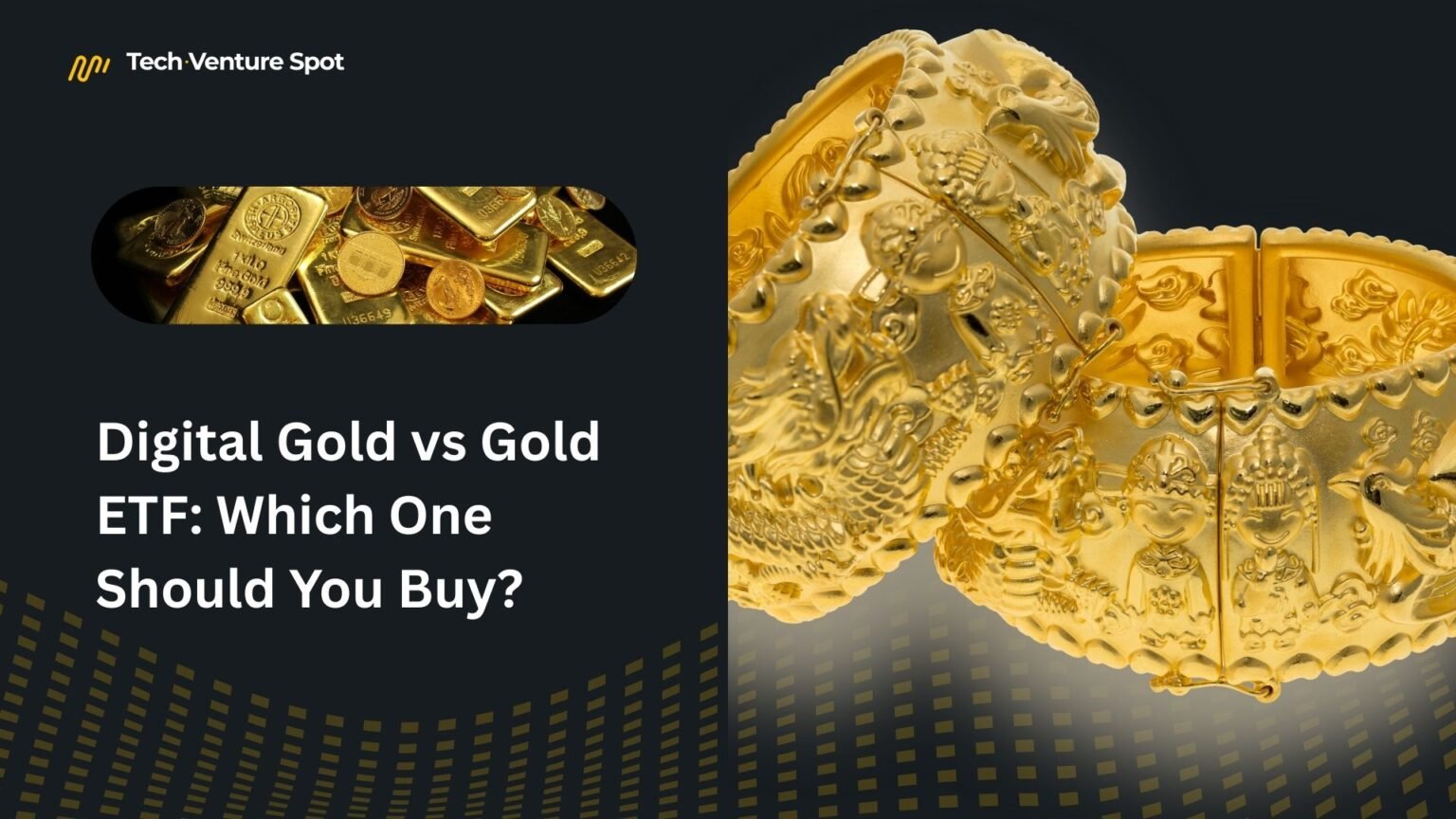
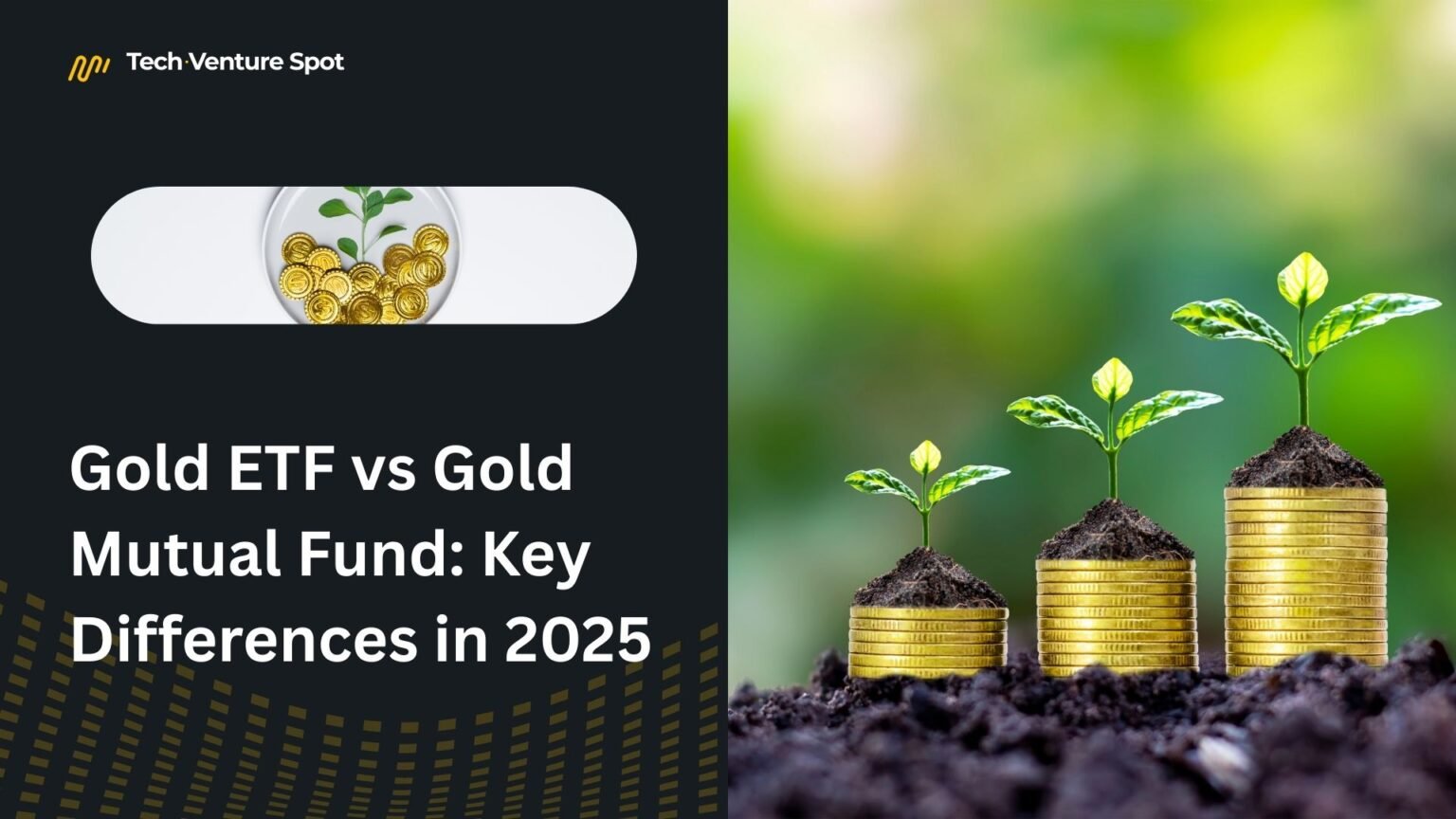
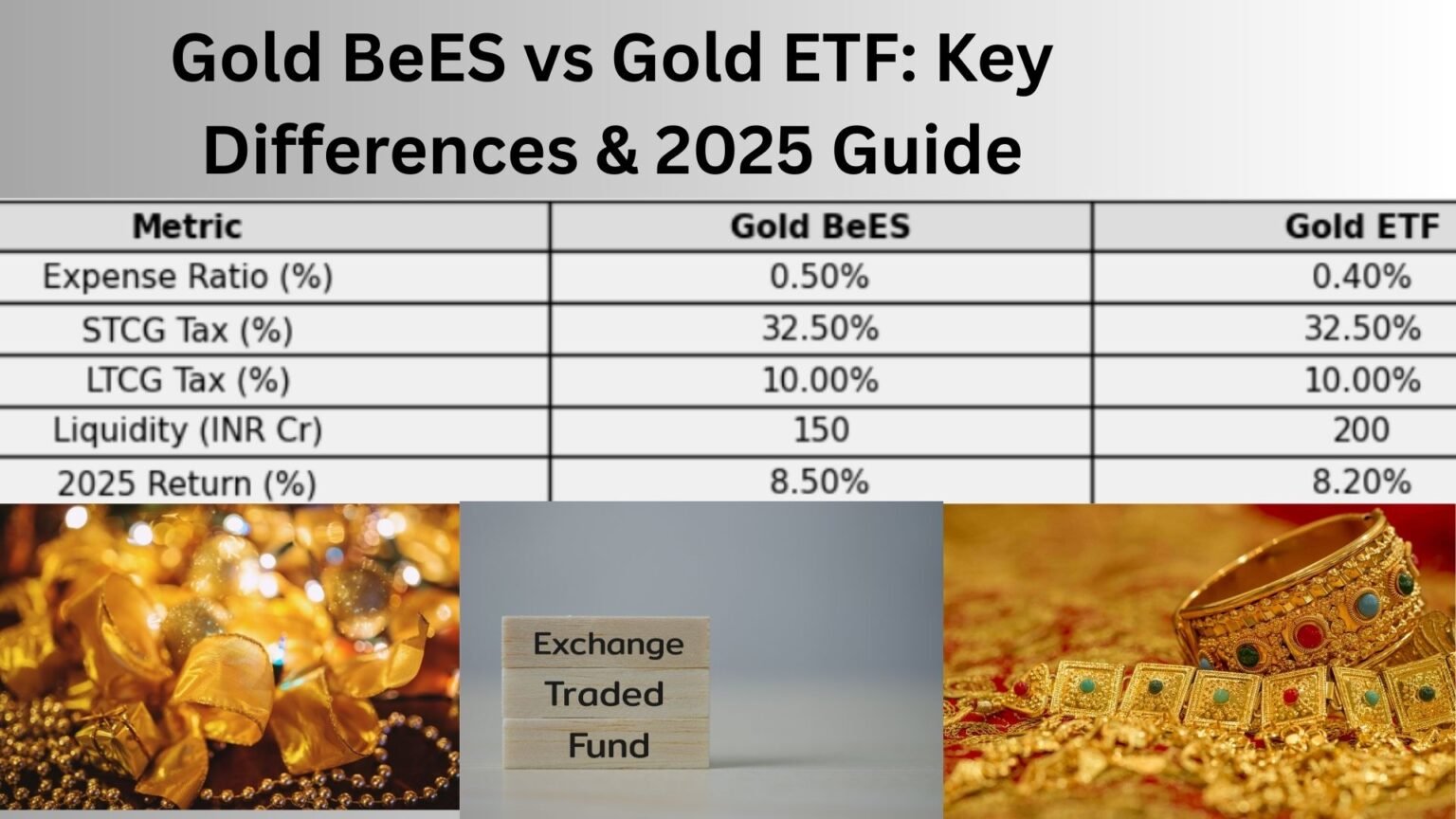

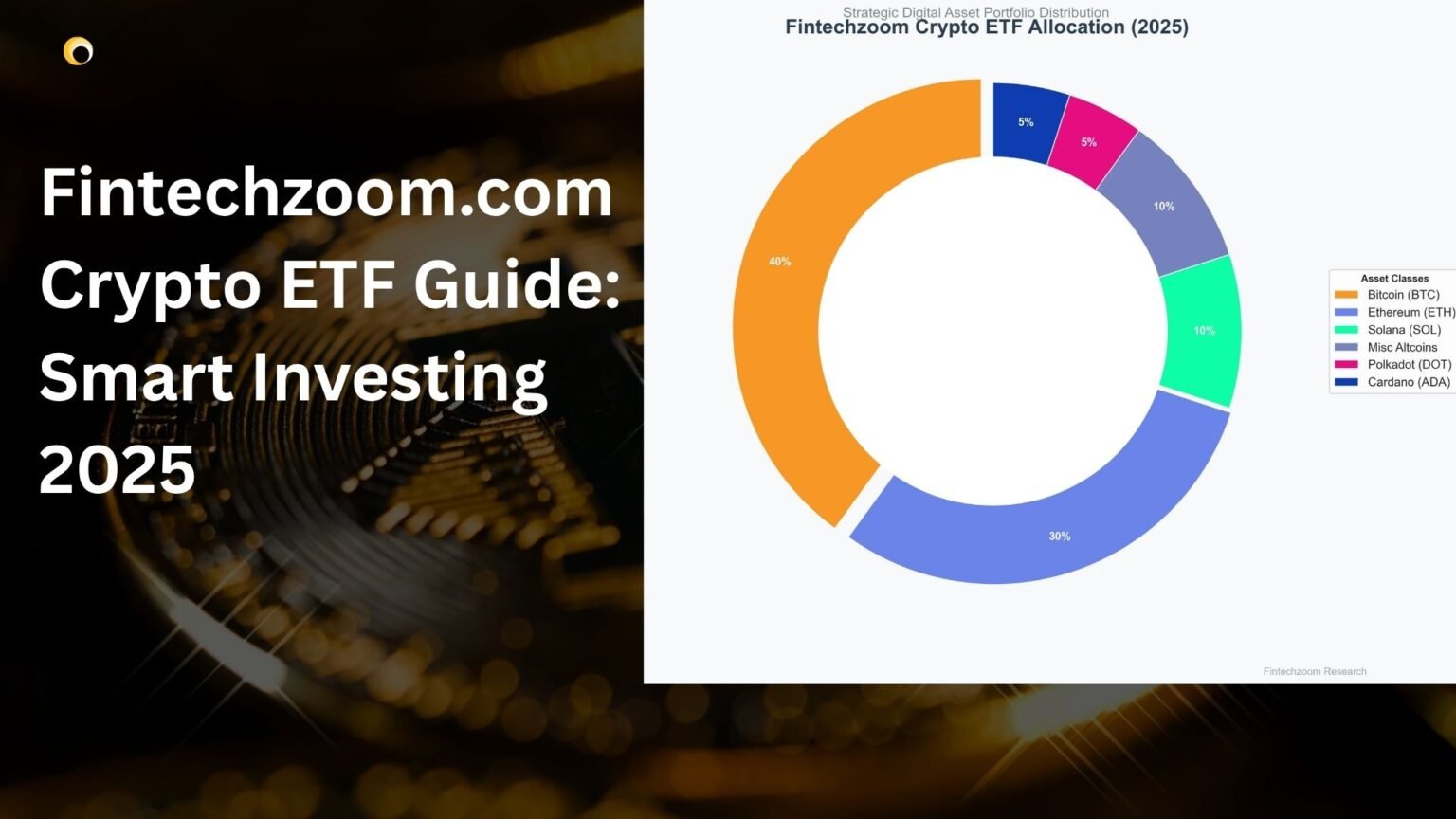
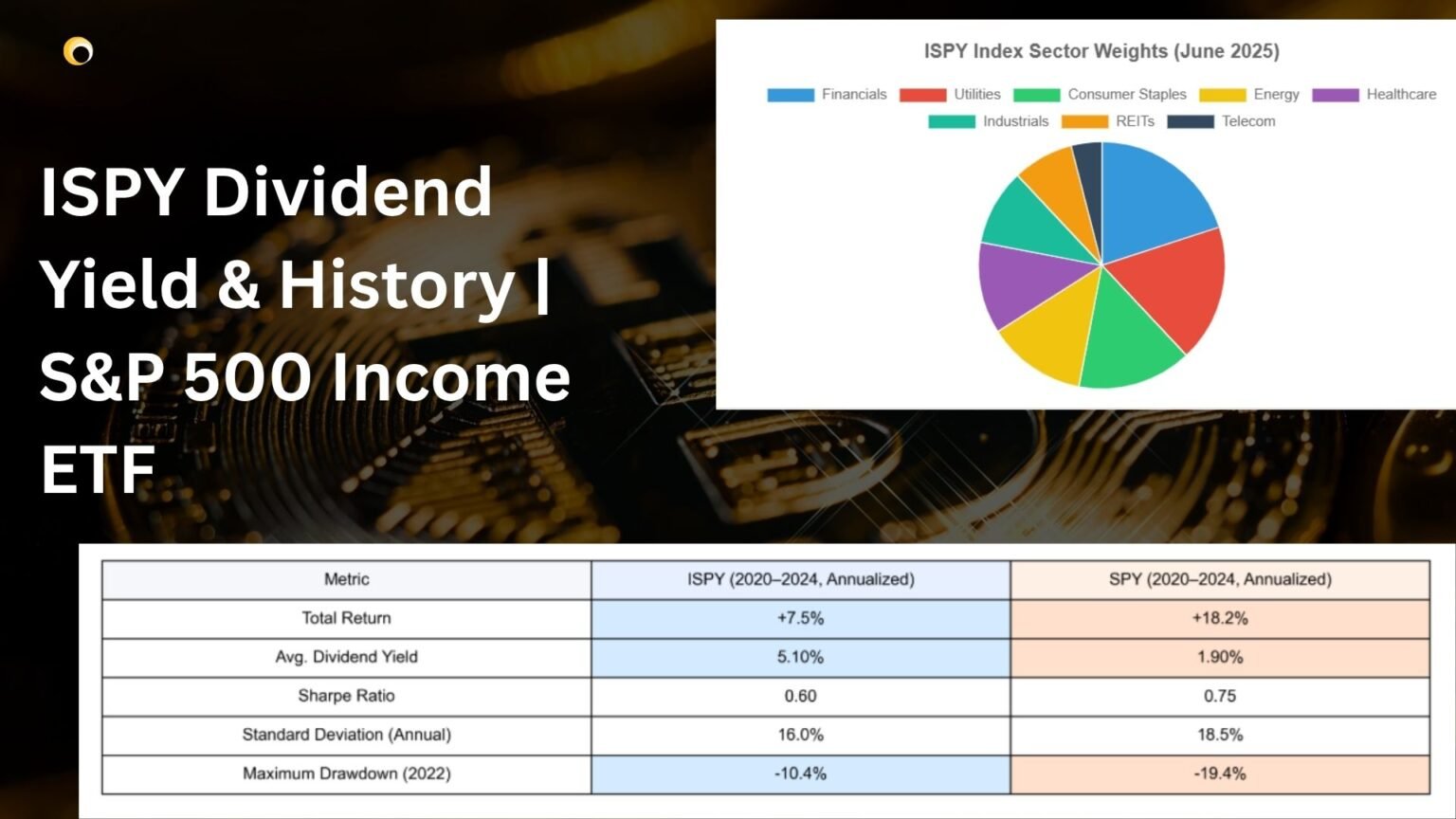
Pingback: Gold ETF vs Gold Mutual Fund: Key Differences in 2025
Pingback: Best Gold ETFs in India to Invest in 2025
Pingback: Digital Gold vs Gold ETF: Which One Should You Buy?
Pingback: CONY Dividend Yield, Dates & History Details
Pingback: 7 Best Leveraged Russell 2000 ETF Plays to Watch in 2025